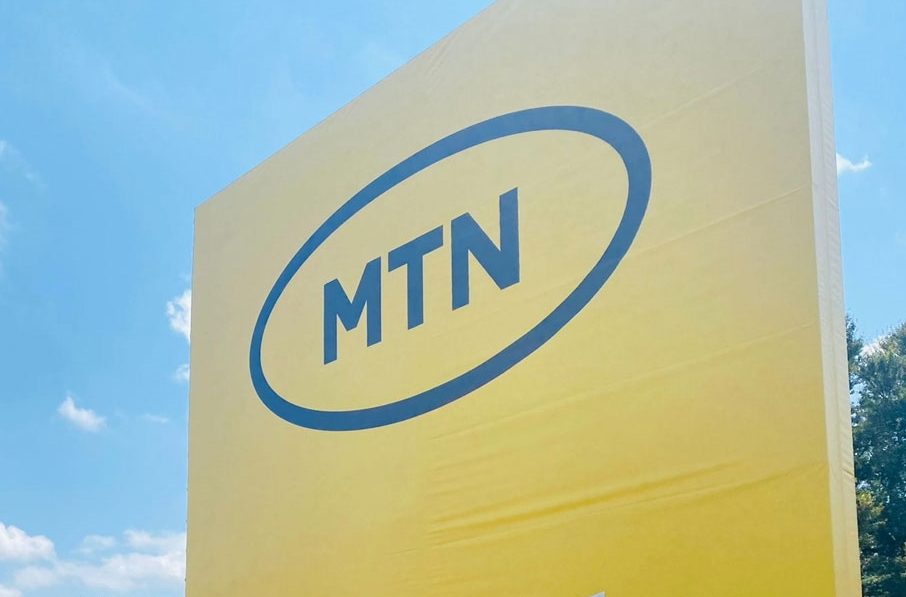As Eskom’s infamous load shedding initiative continues to bite into the pockets of South African businesses, instead of taking on the costs themselves, some businesses are choosing to pass it to consumers. MTN is one of those.
According to MTN South Africa CEO Charles Molapisi, the telco will temporarily halt building new network sites and rolling out 5G to focus on installing back-up power, with the costs resulting in higher data and voice prices for consumers.
Furthermore, prolonged periods of load shedding are also fuelling cases of theft and vandalism at its sites. The situation further adds to MTN’s capital expenditure which it has to pass on to consumers via price increases.
Molapisi stated that MTN’s internal data shows that over 390 unique sites had been vandalised since January 2022 alone, with criminals returning to the same sites more than five times after each repair.
Additionally, over 1,000 vandalism incidents have been recorded during this period in the Eastern Cape, with cable, battery, equipment, and air conditioner theft all on the rise. Other items damaged and stolen are doors, containers, fences, security systems, and locks.
MTN’s latest financial statements show capital expenditure for 2023 to be in the region of R9 billion (~$505 million) with between R1.5 billion (~$84 million) to R2 billion (~$112 million) expected to go towards its “network resilience programme”, whose line items include installing solar power, batteries, generators and circuit breakers at its base stations to ensure network availability during load-shedding.
“If we don’t pass some of these costs [to customers] it will become difficult for the sustainability of the business. We have to take the price up,” Molapisi said.
To cushion the impact of the price increases on consumers, MTN will be introducing different bundles to cater for the change in consumption. Additionally, Molapisi said that the telco “will be practical on how [it increases] prices so that [it doesn’t] squeeze the lower end of the market”.



















